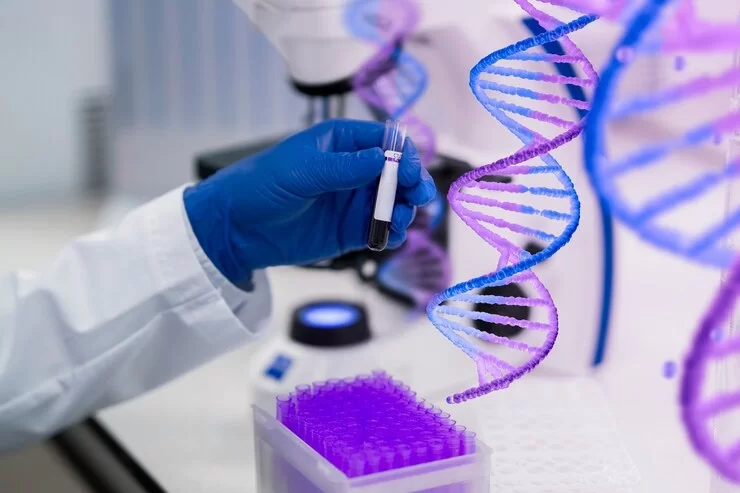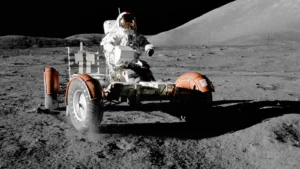Beyond Biology: Unlocking the Potential of Biotechnology and Genetic Engineering

Introduction: In the vast landscape of scientific exploration, few frontiers hold as much promise and potential for transformative impact as biotechnology and genetic engineering. From curing diseases and feeding the world’s growing population to preserving the environment and advancing human understanding of life itself, these disciplines offer boundless opportunities for innovation and discovery. Join us on a journey through the intricate realms of biotechnology and genetic engineering as we explore their profound implications for the future of humanity and the planet.
Understanding Biotechnology: Biotechnology encompasses a broad range of scientific disciplines that harness biological systems and processes to develop products and technologies that improve lives and solve pressing challenges. At its core, biotechnology merges biology with technology, leveraging the power of living organisms, cells, and molecules to create novel solutions in fields such as healthcare, agriculture, energy, and environmental sustainability.
From biopharmaceuticals and medical diagnostics to genetically modified crops and biofuels, biotechnology has already revolutionized numerous industries and sectors, offering innovative solutions to some of humanity’s most pressing problems. By unlocking the mysteries of life at the molecular level, biotechnologists are paving the way for a future where diseases are cured, crops are more resilient, and resources are used more sustainably.
Exploring Genetic Engineering: Genetic engineering, a subset of biotechnology, focuses on manipulating the genetic material of organisms to achieve specific outcomes. Using tools such as CRISPR-Cas9 and gene editing techniques, scientists can precisely modify DNA sequences, insert or delete genes, and engineer organisms with desired traits. This unprecedented level of genetic control holds immense potential for applications ranging from medicine and agriculture to industrial biotechnology and beyond.
In the realm of healthcare, genetic engineering offers the promise of personalized medicine tailored to an individual’s genetic makeup. By deciphering the genetic basis of diseases and developing targeted therapies, scientists can treat conditions ranging from cancer and genetic disorders to infectious diseases and neurodegenerative conditions with unprecedented precision and efficacy.
In agriculture, genetic engineering has led to the development of genetically modified crops with enhanced traits such as pest resistance, drought tolerance, and improved nutritional content. These genetically modified organisms (GMOs) have the potential to increase crop yields, reduce the need for chemical pesticides and fertilizers, and address global food security challenges in a sustainable manner.
Ethical Considerations and Future Challenges: While the potential benefits of biotechnology and genetic engineering are vast, they also raise important ethical, social, and environmental considerations. Concerns about genetic privacy, consent, equity, and unintended consequences of genetic manipulation must be carefully addressed to ensure that these technologies are used responsibly and ethically.
Moreover, as biotechnology and genetic engineering continue to advance, society must grapple with complex questions about equity, access, and the potential for misuse or unintended consequences. Regulatory frameworks, public engagement, and interdisciplinary collaboration will be essential to navigate the ethical, social, and legal implications of these emerging technologies and ensure that their benefits are shared equitably and responsibly.
Conclusion: As we stand on the threshold of a new era of scientific discovery and technological innovation, biotechnology and genetic engineering offer unprecedented opportunities to address some of humanity’s most pressing challenges and unlock the mysteries of life itself. By harnessing the power of biological systems and genetic manipulation, scientists are paving the way for a future where diseases are cured, food is abundant and sustainable, and the environment is preserved for future generations. As we embark on this journey of exploration and innovation, let us embrace the potential of biotechnology and genetic engineering to shape a brighter, healthier, and more sustainable future for all.




